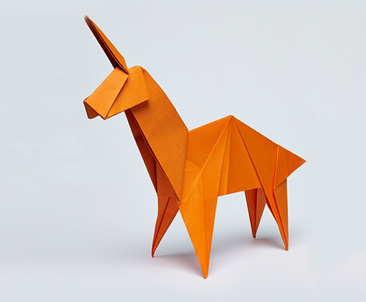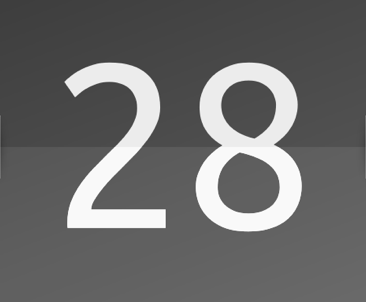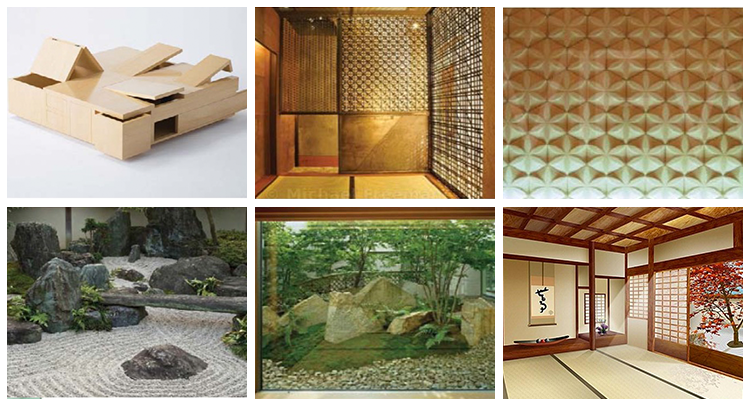Design philosophy
The Ubuntu interface has been designed according to a philosophy called Suru.

 |
See how the Suru visual language is integrated into the new Xerus 16.04 wallpaper here. |
|---|
Suru meaning
Here at Ubuntu we believe that everyone should have access to free, reliable, and trusted software that can be shared and developed by anyone. This has paved the way to allow the community to grow and prosper with freedom trust and collaboration. This integral belief has been translates into our design philosophy called Suru.
-
Suru stems from the Ubuntu brand values alluding to Japanese culture.
-
The design of Suru is inspired by origami, because it give us a solid and tangible foundation.
-
Paper can be used in all areas of the brand in two and three dimensional forms, because it is transferable and diverse.
Translated in design
Suru brings a precise yet organic structure to the Ubuntu interface. The sharp lines and varying levels of transparency evoke the edges and texture of paper. All elements are placed deliberately, with the express aim of being easy for the user to identify and use.
When using a small layout, the information and functionality is folded into a compact object that that can be refolded to expose different areas. As the layout size increases, the object can become progressively larger, allowing more of the information and functionality to be exposed at any one time.
Origami

Origami has long been associated with good fortune and represents the visual style for the Ubuntu Phone. Origami folds are used to define the design.
Simple details

What is most important is that screen layouts retain a natural, rhythmic quality, and a neatness and clarity that helps the user find things quickly and use them intuitively.
Using subtle grids for accuracy
The folds from origami produce simple graphical details that allow designers to create a subtle grid for positioning brand elements and components, such as logos, icons or copylines. This helps maintain focus on the main image or graphic element.

Suru mood board
Influences and inspiration

 Ubuntu Phone documentation
Ubuntu Phone documentation